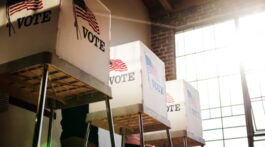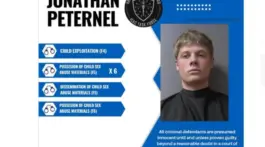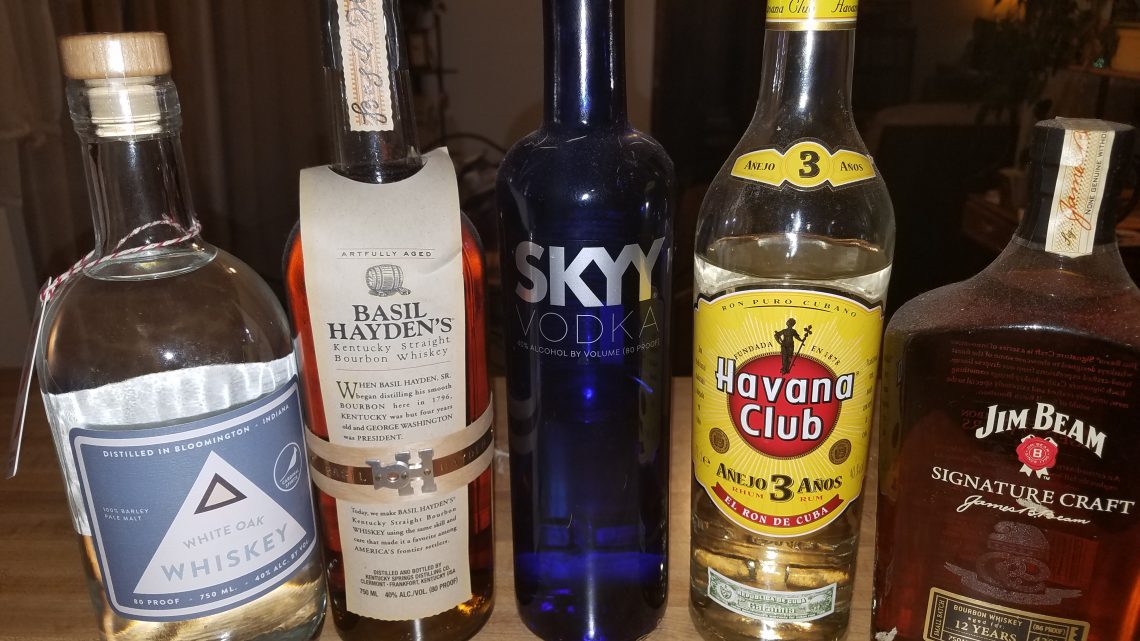by Jim Purucker
Indiana’s recently concluded legislative session saw several changes made to set of rules that govern the sale and distribution of alcohol with an emphasis on public safety and economic development.
Under the leadership of Sen. Ron Alting and Rep. Ethan Manning, the legislature made it easier for communities or special entertainment districts to receive permits to serve alcohol and created new permits to be used for economic development purposes and food deserts. These changes thoughtfully strike the right balance between the push to deregulate and the recognition of a socially sensitive product that is regulated for a reason.
With that approach in mind, it should be of no surprise one policy idea that the legislature did not pass: the push by politically powerful beer wholesalers to allow them to sell spirits to retailers while maintaining their beer monopoly arrangement and continuing the prohibition on wine and spirit distributors selling beer. This proposal was rightly rejected because it was written to exclusively favor beer wholesalers at the cost of virtually everyone else in the marketplace – most importantly consumers who would have ended up paying more.
I hope the rejection of this idea is not the end of the debate. Instead, it should be the beginning of a broader, balanced discussion about the state’s alcohol distribution rules, starting with putting an end to price-inflating exclusive sales territories and monopolistic franchise protections.
Over the years, beer wholesalers have successfully lobbied policymakers to create and maintain an anti-competitive regulatory infrastructure specifically designed to give them an unfair advantage in the marketplace. It gives these beer barons an effective monopoly and allows them to operate in a privileged spot outside of the free market to keep prices high.
The advantages are vast. State-granted franchise protections make it nearly impossible for a brewery to change wholesalers, locking in the relationship forever even if the supplier wants to make a change. Beer wholesalers are granted exclusive geographic territories to lock out potential competitors and keep prices high. Finally, state law prohibits beer wholesalers from extending credit and mandates that retailers pay cash up front for all beer deliveries from wholesalers.
These monopolistic advantages are exclusively granted by the government to powerful beer wholesalers, giving them a near-permanent state-sponsored stranglehold on the marketplace. None of these advantages are granted to other businesses in Indiana – including to wine and spirit distributors.
Hoosiers deserve better – and today’s evolving environment and consumer demand surrounding alcoholic beverages is destined to force our hands. The atmospheric growth of “Ready to Drink” (RTD) cocktails is blurring the lines between what constitutes beer, wine, and spirits. Prominent brands are branching out – which is unsurprisingly creating intense pressure at the distributor level in a way that is making our current laws difficult to discern and manage.
The beer wholesalers were right in identifying the problem – but their solution of giving themselves another product line to exploit the monopoly they have on beer was dead wrong.
Instead of giving more power to the beer barons, Indiana should act like consumers who already do not make a distinction between many beer-based and spirit-based RTDs – or alcoholic beverages in general. There is no reason Indiana should have one set of rules for companies that distribute beer and wine and another for companies that distribute wine and spirits.
To put consumers first, Indiana must level the playing field for all companies and organizations involved in beer, wine, and spirit distribution. That means we must once and for all crack the unfair monopoly that it has granted to powerful beer wholesalers and put an end to exclusive territories and franchise protections.
Consumers deserve changes to the system that affect them in a positive direction – and as this legislative session has shown, it can only be accomplished with a balanced approach that doesn’t further favor the monopoly of beer wholesalers above all else.
Jim Purucker is the Executive Director of the ine and Spirits Distributors of Indiana














